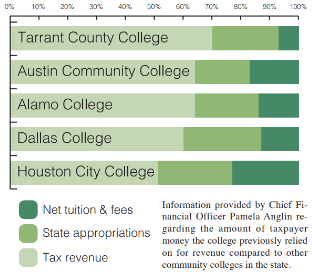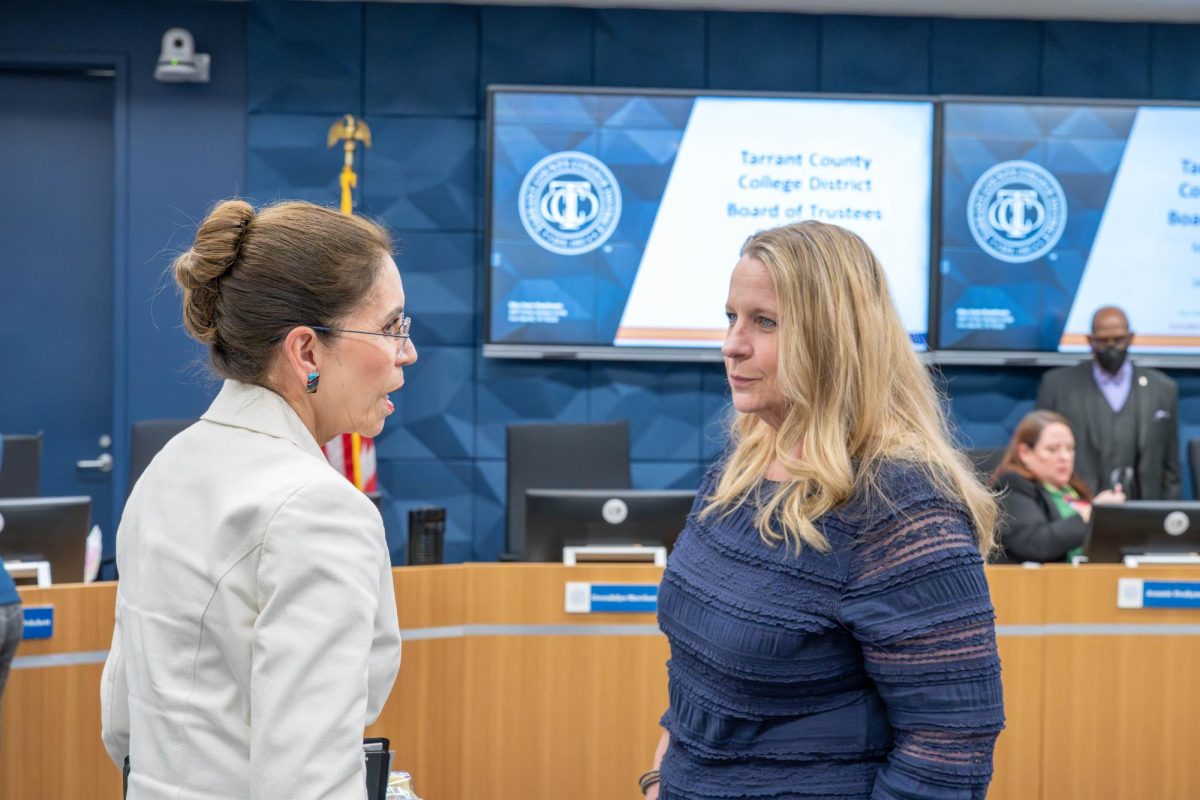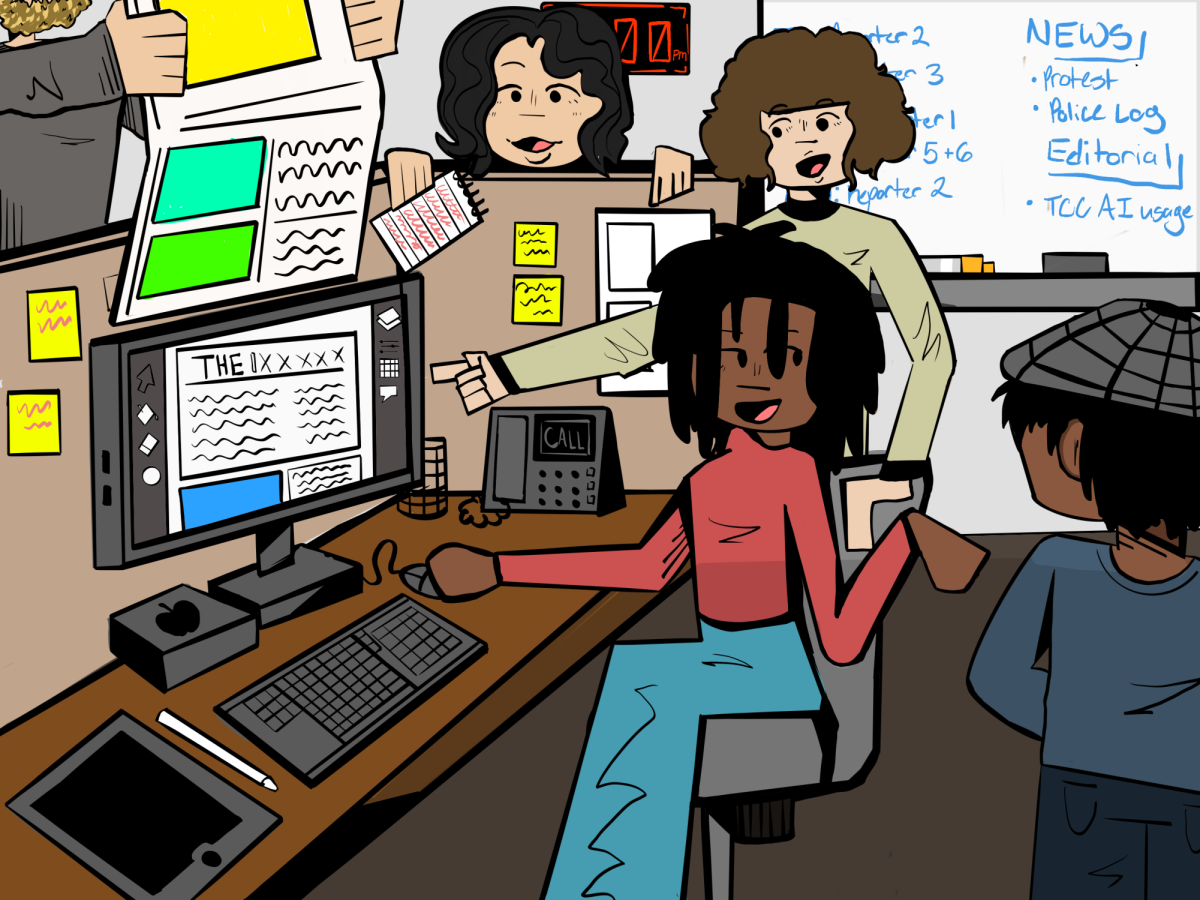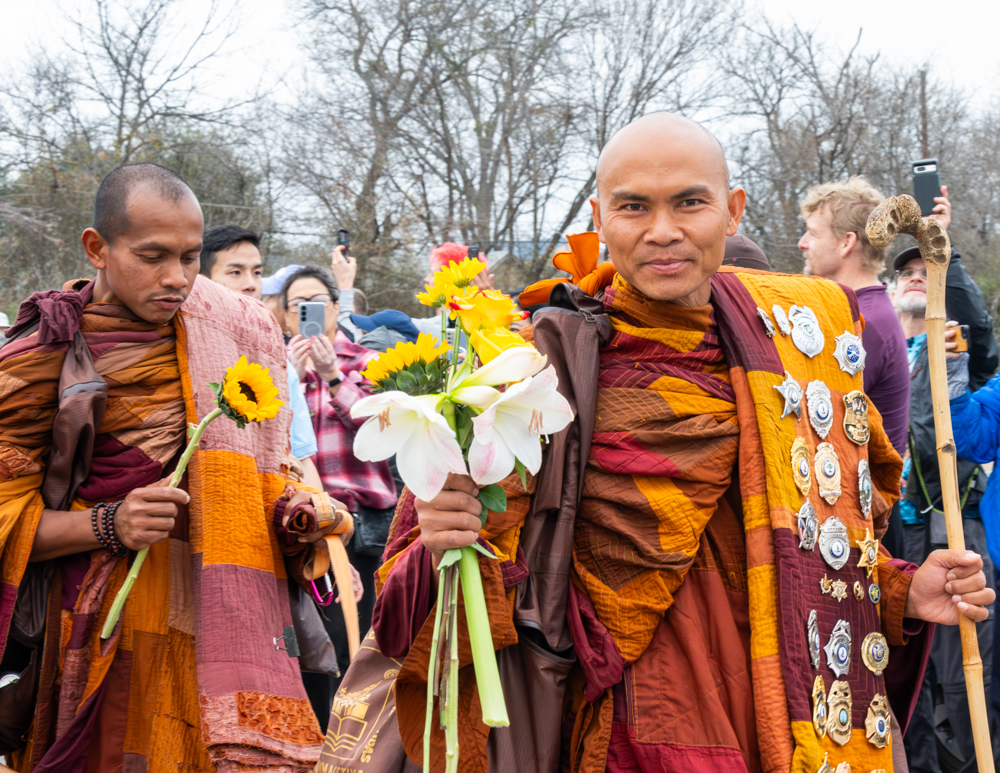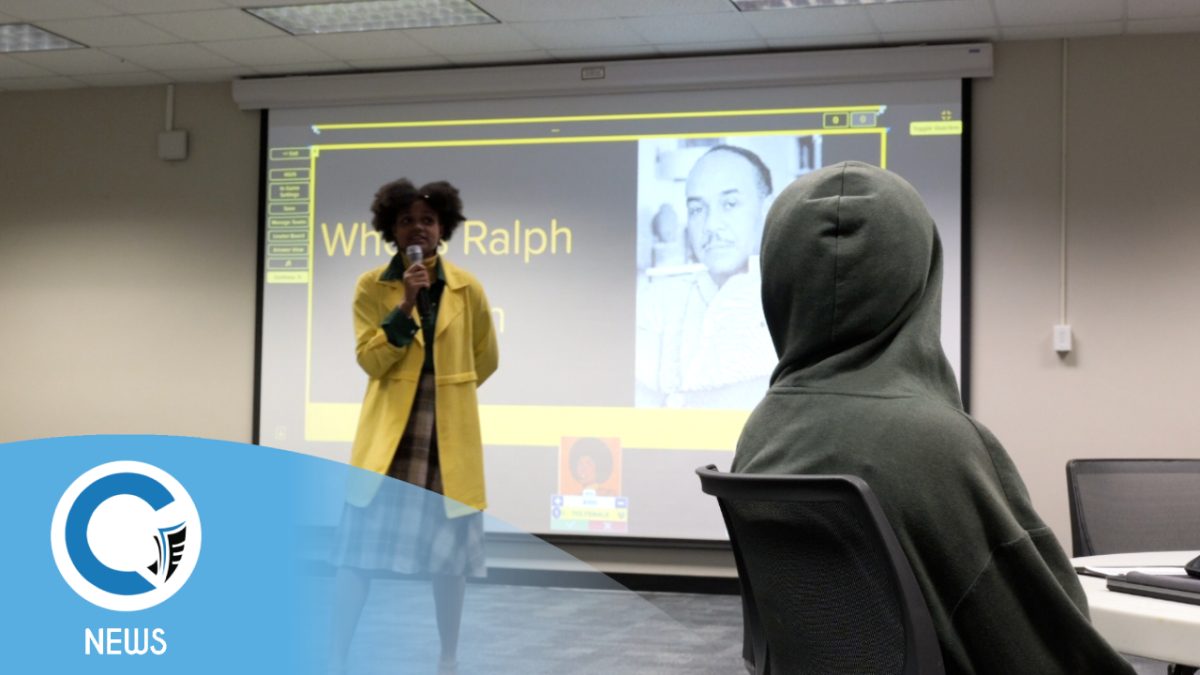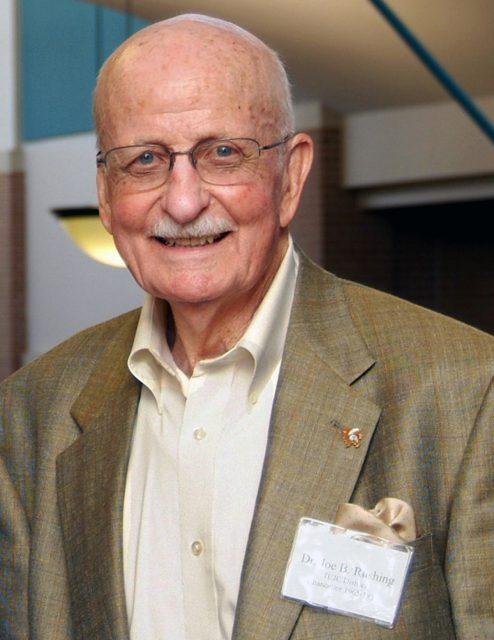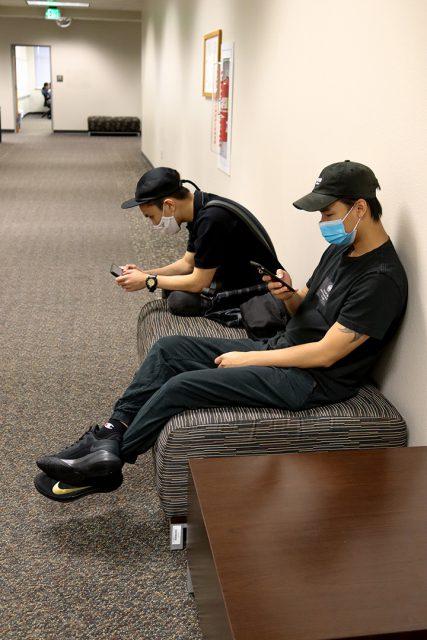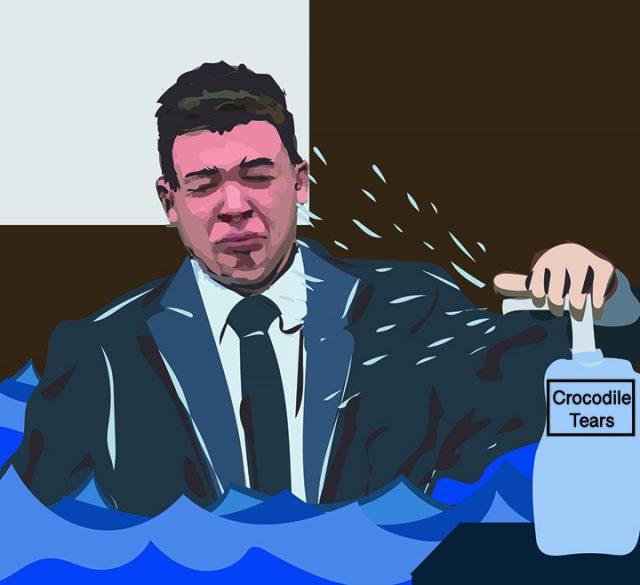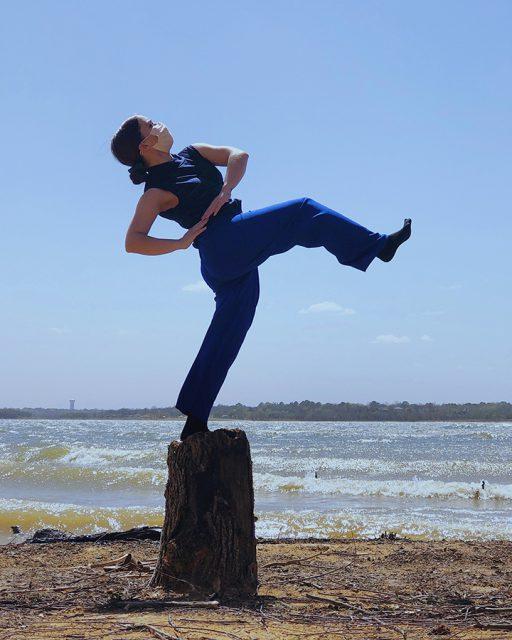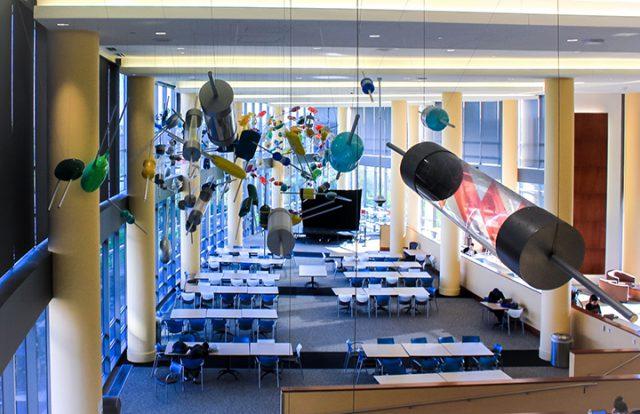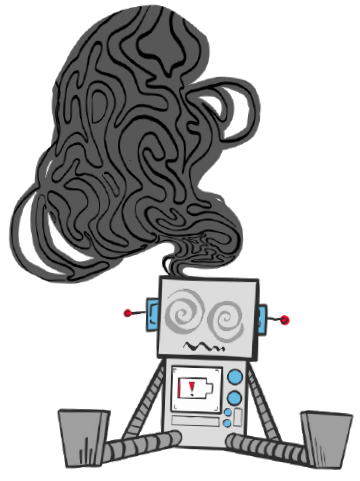Lydia Regalado
campus editor
Counseling centers at each of TCC’s five campuses continue to help students in all areas, including gaining skills and resources to make the healthy transition back to everyday life and in-person classes for the fall semester.
Even though everything is moving forward, sudden and unexpected changes in students’ lives from the past year should be addressed, assistant director of counseling and advising Ronda Isaacs said.
“In other words, if you’re punching me in the face and you stop punching me in the face, that doesn’t mean that I don’t have bruises and contusions,”
NE veterans counselor Christopher Hunt said.
Hunt said showing self-compassion is a great start to acknowledging emotions without letting them take control.
“Don’t tell yourself to shut up,” Hunt said. “The same empathy and compassion that you would provide for a friend, I want you to give yourself permission to turn that same type of compassion towards yourself.”
Hunt said no matter what, when returning to an in-person world, there are going to be people who work your nerves.
NE counselor Masika Zawadi Smith said it’s important not to ignore those feelings and that it is normal to feel frustrated with others.
Counselors can offer guided meditation to help students learn how to reprocess feelings and develop a calm, safe place in their minds.
For some, it’s the back porch at their parents’ house because that’s where they used to sit, talk and remain calm. For others, it’s in a meadow while on a hike, or on a beach or mountaintop, Hunt said. For him, it’s in a cabin at the foot of a mountain in Alaska, at dusk during the wintertime.
Isaacs said certain scents can tie in with a safe place and can help create relaxing sensations. Scents such as eucalyptus and lavender are associated with calmness and other scents can help bring back memories of easier times.
“Maybe it’s being back in the kitchen with your grandmother and making sugar cookies, and that scent makes you feel that safety net,” Isaacs said. “You can keep candles or essential oils, whatever it may be in order to bring that sense of relaxation and calm center back to yourself.”
Smith said unplugging from social media and the news can help control the amount of negative emotions we feel. Social media has become an extension of us, which is why she encourages internal awareness when using phones or watching the news and recommends scheduling breaks from media intake.
“It’s OK to be informed, it’s OK to want to find out more information about what’s going on and how to be prepared, but at the same time it’s really important to take a break to help our minds, bodies and spiritual connections,” she said.
Specialized counselors are available for different needs and every student can find the right counselor for them, Isaacs said.
For example, Hunt is a U.S. Air Force veteran and specializes as a veterans counselor. Isaacs is a vocational counselor who can help students determine their strengths and find suitable career paths. Smith is someone who is very empathetic, Hunt said, and works with a lot of international students.
Seeking help is not a sign of weakness, Isaacs said.
“Sometimes the hardest people to talk to are the people closest to you,” she said. “Give yourself that freedom to say, ‘I need to talk to somebody outside myself.’
Advisers encourage students to take advantage of counseling services, which are included with tuition at no additional charge.
The offices can be reached through the TCC website or by calling (817) 515-4238 to schedule an appointment.
The next virtual event for coping with trauma tips will be held on April 21.
“We are here for you. You don’t have to go through this journey alone,” Smith said.


